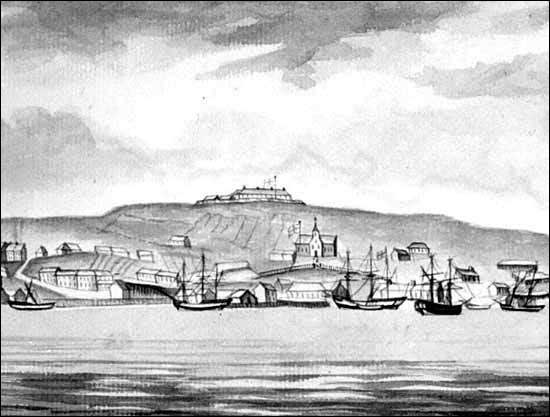To: Whomever it may Concern in Mexico
From: The Office of the Heavenly Emperor
We can offer you metals of all kinds, including gold, copper, and iron, we also can offer you sugar, silks, and other agriculture items.
On another note, we ask for your support in the coming conflict with russia.
Off the Coast of Korea and Russia
Aboard the HES Dingyuan
The Northern fleet, comprised of the Beiyang fleet, and the recently finished Ironclads, Shanghai, Peking, Hong, Manchu, and Formosa.
They outnumbered the Russian 7-3 in ironclads, though the support fleets were relatively equal.
The Fleet sat outside Vladivostok, out of range of the enemy ships, but close enough to were any ships attempting to flee could be intercepted if the Fleet chose too.
To: Whomever it Concerns in Japan
From: The Office of the Heavenly Emperor
As you know, tensions are at an all time high between China and Russia, over Northern Manchuria, which Russia stole from us during the Second Opium war.
As your brothers in Asia, we do not wish to level the Might of China and France against you, but instead wish to live in peace with Japan.\
To allow you to save face and stay out of the war, we are offering you the Japanese people, a non-aggression pact.














